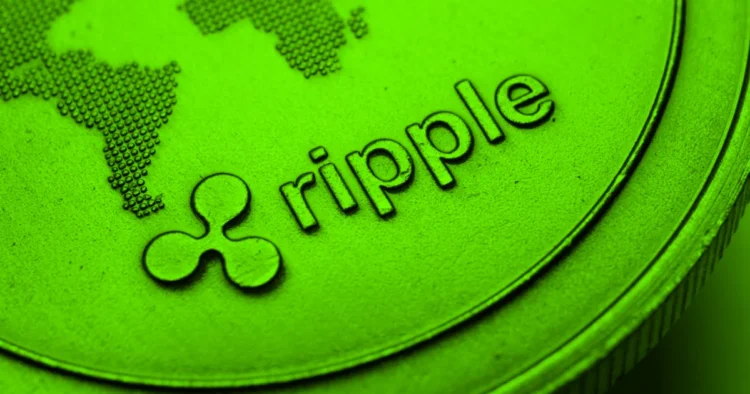The legal battle between Ripple and the U.S. Securities and Exchange Commission (SEC) has been a focal point in the cryptocurrency community. Recently, lawyer Fred Rispoli expressed his disapproval of Ripple’s decision, led by CEO Brad Garlinghouse and executive chairman Chris Larsen, to settle certain charges instead of contesting all allegations in court. Rispoli argues that by not fully engaging in a legal trial, Ripple may have forfeited a significant opportunity to comprehensively defend themselves, particularly against accusations of “aiding and abetting.” He suggests that Ripple possessed a compelling case, and a complete courtroom battle could have potentially swung in their favor, given the perceived inadequacy of the SEC’s evidence.
Missed Opportunity for Key Witnesses
One of Rispoli’s main points is the potential advantage Ripple might have gained by bringing the case to trial. He posits that critical figures, such as former SEC chairman Jay Clayton, could have been summoned to testify. Such testimonies might have offered valuable insights into the SEC’s perspective on cryptocurrencies like XRP. This could have not only fortified Ripple’s defense but also provided a protective precedent for other crypto companies facing similar legal challenges in the future.
Ripple’s Counter Strategy
Despite the partial settlement, Ripple is not backing down completely. The company has initiated a cross-appeal to contest elements of a 2023 court decision. While the judge’s ruling favored Ripple regarding XRP sales to retail investors not being classified as securities, the SEC aims to challenge specific aspects, particularly those concerning institutional sales. Ripple’s legal chief, Stuart Alderoty, remains optimistic, asserting that their position is now stronger than ever. This confidence bolsters XRP’s market standing, offering investors reassurance about its regulatory status and future prospects.
Questions About the SEC’s Filing Deadline
The SEC’s appeal process has stirred debate around the timing of its submission. Observers pointed out that the SEC’s brief appeared to be filed a day late; however, the agency maintains that it adhered to the deadline. Notably, the SEC’s appeal does not dispute the ruling that XRP is not a security when sold to retail investors, leaving that aspect of the decision unchallenged and intact.
What’s Next for XRP?
As of the latest market activity, XRP traded around $0.55, experiencing a modest gain of under 1%. Market participants are closely watching the developments in the SEC’s appeal, especially as it does not question the foundational ruling affirming XRP’s status as a non-security, as determined in July 2023. This ongoing legal clarity is a positive signal for XRP, fostering optimism about potential advancements, such as the approval of an XRP exchange-traded fund (ETF) in the U.S. Technical analyses suggest a potential 10% rise in XRP’s value, targeting a price of $0.60. However, should prices decline, support levels may be established at $0.5319 or $0.3843.
Conclusion: A Major Roadblock for XRP’s Price?
The ongoing legal proceedings and the strategic decisions made by Ripple’s leadership continue to influence XRP’s trajectory. While some view the partial settlement as a missed opportunity, others see Ripple’s proactive legal maneuvers as a robust defense strategy that reinforces XRP’s position in the crypto market. The unfolding events will likely shape the future landscape for XRP and potentially set important legal precedents for the broader cryptocurrency industry.










